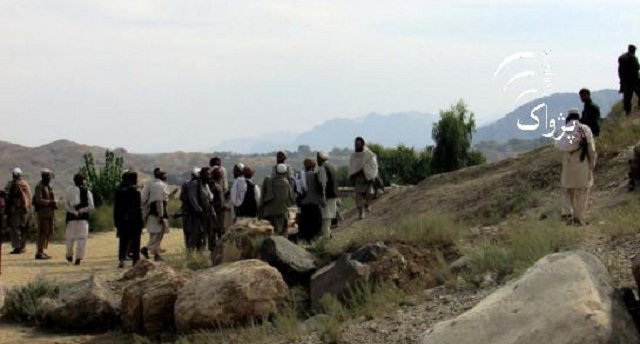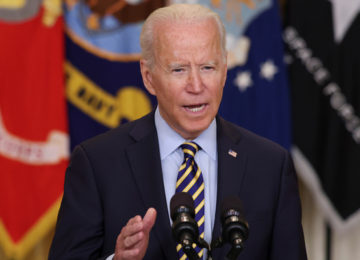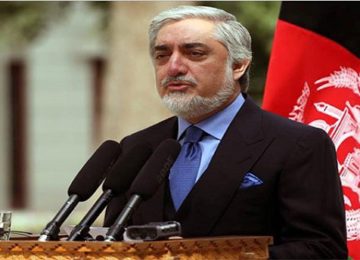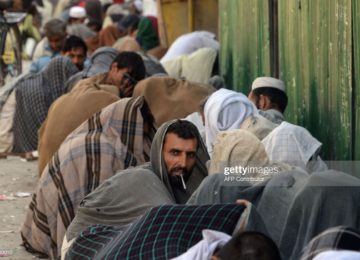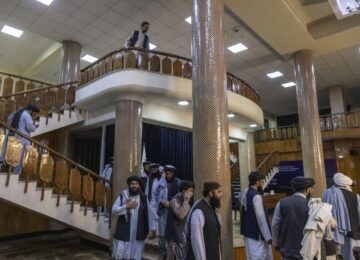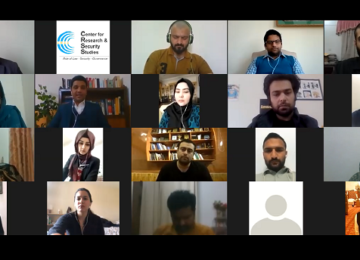A three-member team from Taliban’s political office in Qatar has arrived in Islamabad in an ostensible move to explore the possibility of restarting peace parleys with the Afghan government.
Led by Shahabuddin Dilawar the Taliban representatives reached Islamabad the day a senior US diplomat met Afghan Ambassador Omar Zakhilwal in the Pakistani capital, a media report said on Tuesday.
Daily Times quoted diplomatic sources as saying they were aware of the Taliban delegation’s visit. However, the newspaper said, the diplomats did not offer further details of the development.
Seen as part of Pakistan’s efforts to encourage the Taliban to join the reconciliation process, the trip visit comes weeks after senior Taliban leader Mullah Muhammad Abbas traveled to Qatar.
Abbas reportedly conveyed Pakistan’s message to the Taliban representatives to join intra-Afghan dialogue. Pakistani officials had asked religious scholars to convince the Taliban to join the peace process.
At least two scholars have confirmed being part of the push to press the Taliban to enter the reconciliation drive in the wake of Army chief Gen. Qamar Javed Bajwa’s visit to Kabul on October 1 last year.
On the other hand, Taliban spokesman Zabihullah Mujahid said he was unaware of the visit when. Similarly, Foreign Office spokesman Dr Faisal also told the daily he would ‘check’ if the delegation was in Pakistan.
Separately, Ambassador Zakhilwal discussed a wide range of issues with America’s Acting Assistant Secretary of State Alice Wells in Islamabad. Zakhilwal also met EU Special Envoy for Afghanistan Roland Kobia.
At the meeting, also attended by EU Ambassador to Pakistan JF Cautain, a comprehensive discussion on Afghan-Pakistan relations, the peace process and the situation of refugees figured prominently
Zakhilwal said the focus of his meetings was to explore ways of minimising the trust deficit between Afghanistan and Pakistan.
“Our discussion revolved around how Afghanistan and Pakistan can sustain a constructive interaction … on building more trust between our two brotherly nations,” he added.
This article originally appeared in Pajhwok Afghan News on January 16, 2018. Original link.
Disclaimer: Views expressed on this blog are not necessarily endorsed or supported by the Center for Research and Security Studies, Islamabad.



